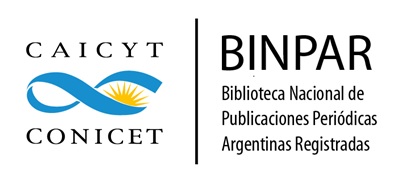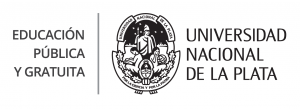Bodies and Youth
The Life Experience of Joel Granito to Problematize the Place of the Narratives in the Bodies of Young People from the LGBTD Collective
DOI:
https://doi.org/10.24215/18524907e071Keywords:
youth, bodies, territory, narrativesAbstract
The authoress investigates the relationship established between narrative territories, bodies and youth, and the recognition of narratives of sexual dissent by Joel, a young man with a non-binary gender identity with an educational background in the Buenos Aires town of Loma Verde, from the General Paz Party, Argentina. Through in-depth interviews and participant observations, it is analyzed what place the biography itself occupies in the processes of narrative production, in order to reflect on the bodies understood as territories of inscription of narratives.
Downloads
Metrics
References
Arrúa, V. (2018). La problematización de la comunicación desde enfoques de complejidad: mapas y configuraciones territoriales. En C. Ceraso, G. Retola y J. M. Unzaga (Coords.), La ciudad de las ranas. Construcción social del riesgo hídrico post inundación de la ciudad de La Plata. La Plata, Argentina: EDULP.
Bertaux, D. (1989). Los relatos de vida en el análisis social. Historia y fuente oral, (1). Instituto Municipal de Historia. Recuperado de http://biblioteca.udgvirtual.udg.mx:8080/jspui/handle/123456789/941
Biblioteca Nacional de Chile (s/f). Pedro Lemebel (1952-2015). Recuperado de http://www.memoriachilena.gob.cl/602/w3-article3651.html
Bourdieu, P. (1990) [1984]. Sociología y cultura. Ciudad de México, México: Grijalbo.
Butler, J. (2007). El género en disputa. El feminismo y la subversión de la identidad. Barcelona, España: Paidós.
Elizalde, S. L. y Romero, G. (2019). Cuerpos, emocionalidad y sentidos disruptivos en rituales juveniles de celebración escolar. Textura, (47). https://doi.org/10.17648/textura-2358-0801-21-47-5090
Elizalde, S. L. (2015) Estudios de juventud en el Cono Sur: epistemologías que persisten, desaprendizajes pendientes y compromiso intelectual. Una reflexión en clave de género.
Última década, (42). Recuperado de https://ultimadecada.uchile.cl/index.php/UD/article/view/56194
Feixa, C. (1998). De jóvenes, bandas y tribus (Antropología de la juventud). Barcelona, España: Ariel.
González, A. R. (noviembre, 2011). Nuevas percepciones del territorio, espacio social y el tiempo. Un estudio desde los conceptos tradicionales (o clásicos) hasta su concepción en el siglo XXI. Trabajo presentado en las VI Jornadas de Jóvenes Investigadores. Instituto de Investigaciones Gino Germani, Universidad de Buenos Aires, Argentina.
Llanos-Hernández, L. (2010). El concepto del territorio y la investigación en las ciencias sociales. Agricultura, Sociedad y Desarrollo, 7(3), 207-220. Recuperado de https://www.revistaasyd.mx/index.php/asyd/article/view/1119
Maffía, D. (4 de abril de 2013). Los cuerpos como frontera. Revista Pensamiento penal. Recuperado de https://www.pensamientopenal.com.ar/doctrina/35819-cuerpos-frontera
Margulis, M. y Urresti, M. (1996). La juventud es más que una palabra. En La juventud es más que una palabra (pp. 13-30). Ciudad Autónoma de Buenos Aires, Argentina: Biblos.
Pates, G. (2021). Todos/as unidos/as leeremos. En S. Elizalde (Coord.), Modos de leer. Prácticas lectoras y apropiaciones culturales en tiempos de transmedialidad (pp. 28-52). La Plata, Argentina: EDULP. Recuperado de https://libros.unlp.edu.ar/index.php/unlp/catalog/book/1640
Pecheny, M., Figari, C. y Jones, D. (2008). Todo sexo es político. Estudios sobre sexualidades en Argentina. Ciudad Autónoma de Buenos Aires, Argentina: Libros del Zorzal.
Salazar Henao, M. y López Moreno, L. (noviembre, 2016). Las narrativas como método de investigación en las ciencias sociales: una mirada a la investigación transformadora. Trabajo presentado en el V Encuentro Latinoamericano de Metodología de las Ciencias Sociales, Mendoza, Argentina. Recuperado de https://www.memoria.fahce.unlp.edu.ar/library?a=d&c=eventos&d=Jev8571
Schmucler, H. (1984). Un proyecto de comunicación cultura. Comunicación y Cultura, (12).
Vila, P. (1996). Identidades narrativas y música. Una primera propuesta para entender sus relaciones. Trans. Revista transcultural de música, (2). Recuperado de
Additional Files
Published
How to Cite
Issue
Section
License
Copyright (c) 2022 Vanesa Lucía Carreras

This work is licensed under a Creative Commons Attribution-NonCommercial-ShareAlike 4.0 International License.
The acceptance of an original by the journal implies the non-exclusive transfer of the patrimonial rights of the authors in favor of the publisher, who allows the reuse, after its edition (postprint), under a Creative Commons License Attribution-NonCommercial-ShareAlike 4.0 International.
According to these terms, the material can be shared (copy and redistribute in any medium or format) and adapted (remix, transform and create another work from the material), provided that a) the authorship and the original source of their publication (magazine and URL of the work) are cited, b) is not used for commercial purposes and c) the same terms of the license are maintained.
The assignment of non-exclusive rights implies that after postprint in Revista Argentina de Estudios de Juventud authors may publish their work in any language, media and format; in that case, it is requested that they signal that the material was originally published by this journal.
Assignment also entails the authors’ authorization for the work to be collected by SEDICI, the institutional repository of the Universidad Nacional de La Plata, and for it to be indexed in the databases that the publisher thinks appropriate for enhancing the visibility of the published work and its authors.
In addition, the journal encourages authors to submit their works to other institutional and thematic repositories after their publication in Revista Argentina de Estudios de Juventud, under the assumption that offering society unrestricted access to scientific and academic production contributes to a greater exchange in global knowledge.

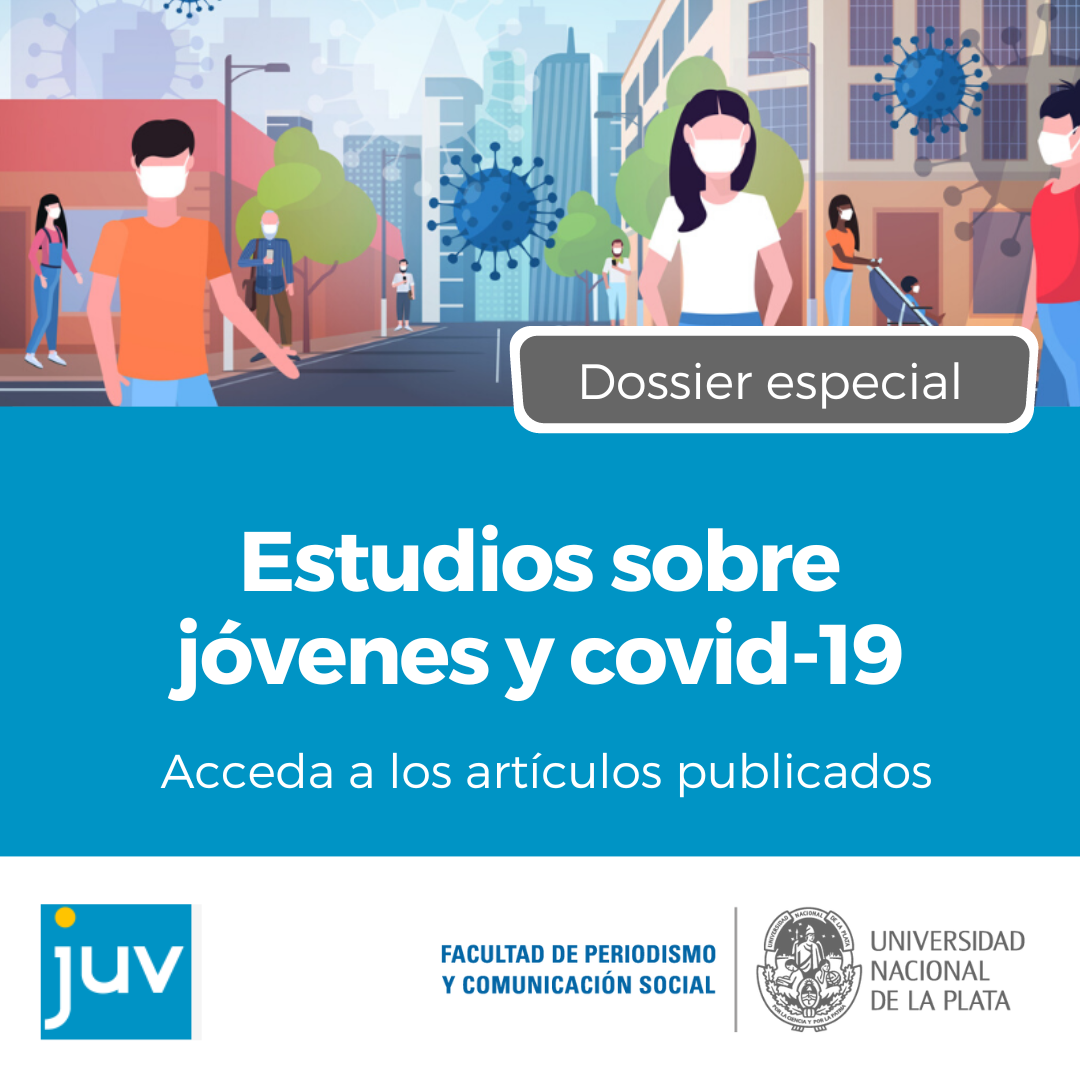




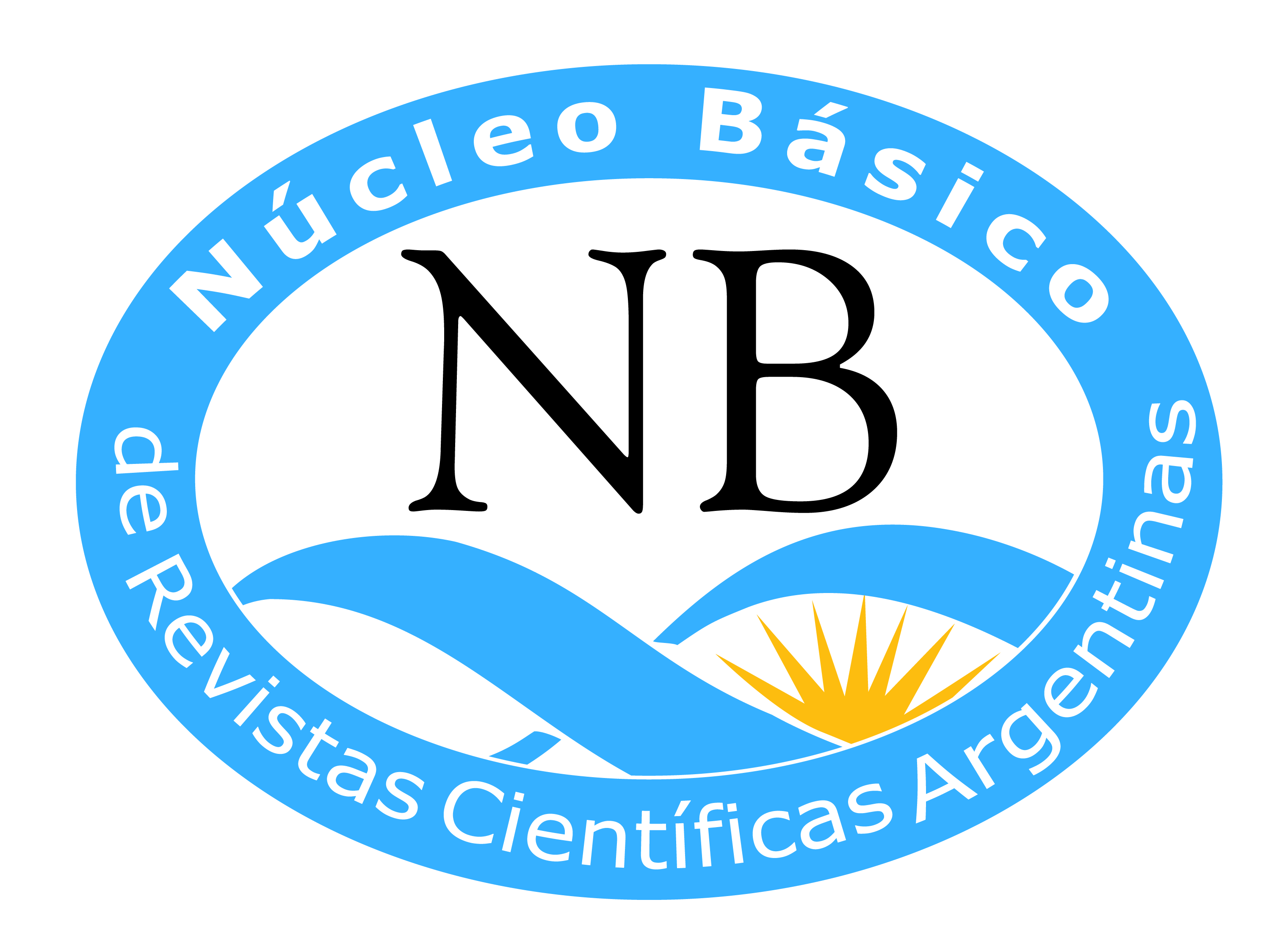


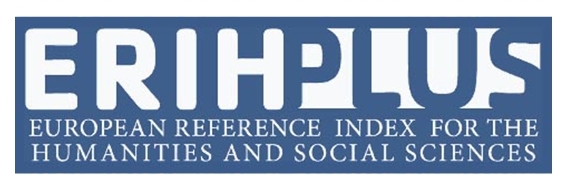



.png)















